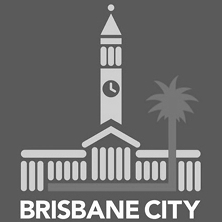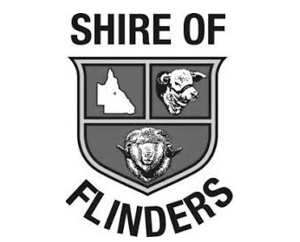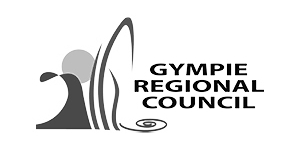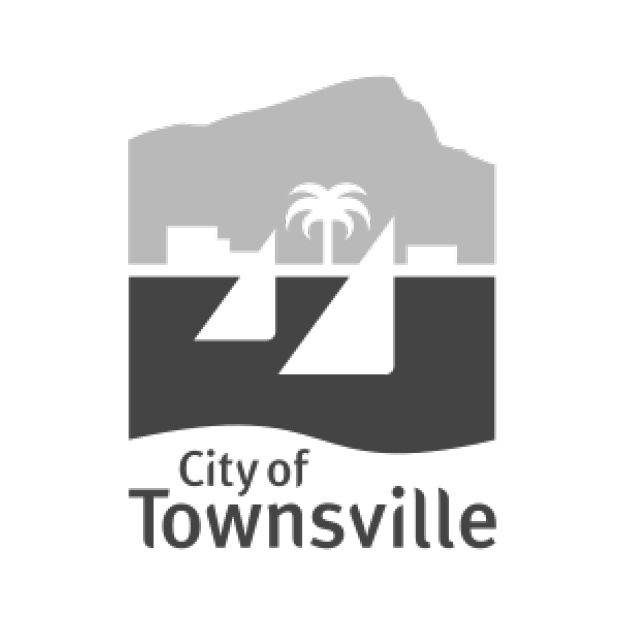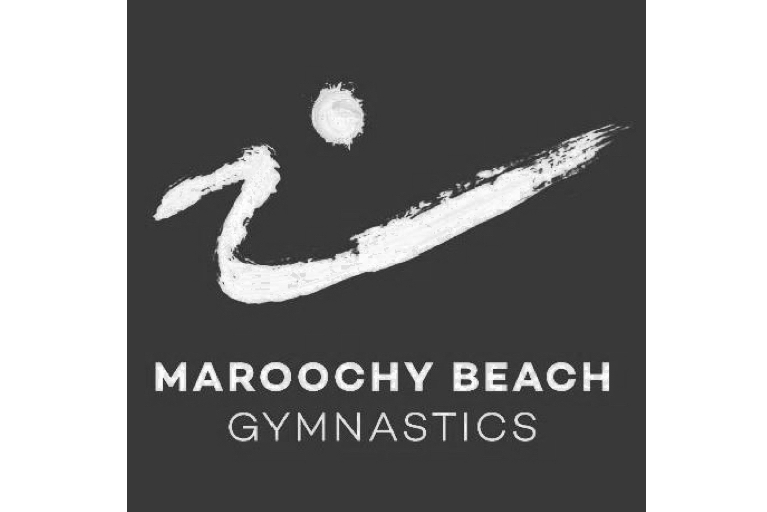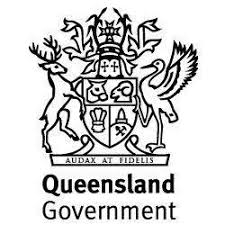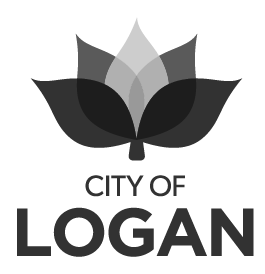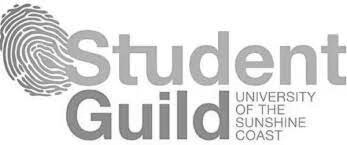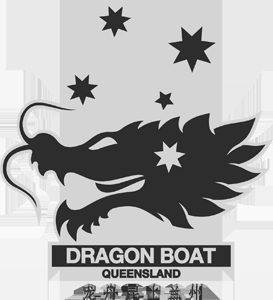For a club or association, bylaws can play an essential role in supplementing the rules contained in their constitution. They complement the broader principles in a constitution, focusing on the "how" rather than the "what". As such, having a clear set of bylaws is foundational to ensuring effective governance, good operations and positive member experiences. With our expertise, CPR Group can guide you through the bylaws process.
Constitution Project Profile - Pioneer Valley Golf Club
A constitution isn't just a legal necessity in sporting clubs and not-for-profit organisations; it's the blueprint of effective governance and operational clarity. Recently, CPR Group collaborated with Pioneer Valley Golf Club Golf Club to update their constitution, setting them on a path to good governance practices.
During our engagement, we focussed on guiding and educating committee members through constitutional principles and their practical applications in daily operations. The end product, a tailored club constitution that incorporates best practice governance principles AND recent changes to the Associations Incorporation Act 1981! By deeply understanding the nuances of sports and not-for-profit environments, we empowered them to leverage their constitution to suit their identity.
Pioneer Valley Golf Club's experience underscores the importance of a robust constitution. "Our old constitution was actually a big handbrake, and very frustrating to work with. With 12 committee positions, there was no consensus on any subject being discussed. Affiliation and green fees being set by the members at the AGM was a total disaster. The continuity of committee members to run a club is essential for the club to be successful. I would not have lasted as President for 5 years if we had not updated our constitution."
Pioneer Valley Golf Club has since been able to utilise the newly registered constitution to navigate some potentially tricky situations regarding committee and staffing structures, as well membership communication. Their modern, up-to-date constitution and CPR Group's support allowed the club to handle the challenges with confidence and peace of mind that robust governance systems were in place.
Choosing CPR Group means partnering with a team that understands the intricate dynamics of sports clubs and not-for-profit organisations. We're dedicated to empowering your committee with practical solutions and strategic insights, ensuring your constitution becomes a proactive tool for success and a roadmap guiding your organisation's future.
Empowering Queensland’s Sports and Recreation Clubs with ClubIQ
A New Resource Hub for Volunteers
We are incredibly proud to announce the launch of ClubIQ – a comprehensive suite of resources and videos designed specifically for volunteers managing sports and recreation clubs in Queensland. This initiative, developed in collaboration with the Department of Tourism, Innovation and Sport (DTIS), marks the creation of a centralised hub of valuable and reliable information for clubs and associations throughout Queensland.
ClubIQ represents a unique opportunity to support community clubs and associations, helping them achieve greater levels of success and enjoyment for their members. This project is the culmination of over 25 years of experience working with clubs in Queensland. Our passion for sports governance and operations drives us to share our expertise with volunteers and staff, making a meaningful impact on the industry.
We understand the challenges faced by volunteers on club committees, especially with the high turnover rates that often leave new members without the necessary training, skills and knowledge. Our mission is to equip these dedicated individuals with the tools they need to succeed. The resources available on ClubIQ are straightforward and concise, focusing on the topics that matter most. We aim to simplify governance without requiring hours of reading, transforming complex ideas into accessible information.
"Clubs will be able to unlock a treasure trove of resources and training tailored to support volunteers, strengthen clubs, and enrich communities. From governance and planning to financial and volunteer management, there's something for everyone to boost club success. Join us as we kick off the movement and be part of a community dedicated to empowering volunteers and activating Queensland." - The Team @ Sport and Recreation
We extend our heartfelt thanks to the remarkable DTIS team and all the Queensland Sport and Recreation Officers. We have also thoroughly enjoyed the up-skilling governance training sessions over the last few months and trust these new skills and knowledge will benefit grassroots sports clubs and associations across our State.
At CPR Group, our goal is to ensure that every sport and recreation club and association has access to the knowledge, skills, and support they need to thrive, creating a legacy of strong and resilient clubs that will be enjoyed by generations to come.
Merging Perspectives in Community Sport - Tennis Dad to Sports Governance and Planning Mentor
By Michael Connelly - Managing Director at CPR Group and Tennis Dad
Navigating community sport from multiple vantage points offers many advantages and a multifaceted perspective. As the Managing Director of CPR Group, my professional journey intersects with sport and the not-for-profit sector, enabling collaborations with an array of stakeholders including governments, Councils, clubs, associations, universities and state and national governing bodies.
As a tennis Dad to my son Ethan, a self-driven athlete with support from sponsors like Lifetime Tennis, Wilson and Bidi Badu, that brings a personal dimension to my understanding of grassroots' sport. I have an advantage as a tennis Dad to understand perspectives from grassroots' clubs to competitive sport participation, whilst also being able to navigate the ups and downs of management committee responsibilities and challenges from over 26 years hands-on mentoring experience.
The Three-Sided View
My involvement spans three distinct realms - the governmental sphere across local, state and federal levels, the organisational domain from local clubs to national peak bodies and the personal realm as a parent supporting a young athlete. This comprehensive engagement provides deep insights into the operational, strategic and emotional layers of community sports.
The governmental angle emphasises the crucial role of policy, funding and infrastructure in nurturing grassroots sport, while my organisational involvement reveals the intricacies of club and association management, highlighting the necessity of robust governance and strategic foresight for sustainable sport growth at grassroots' level.
Being a hands-on tennis Dad for Ethan's sporting journey highlights the transformative power of community sport as a conduit for personal and athletic development. Enabling young people to be active in sport provides a sense of connectedness and sets goals beyond the classroom and their social environment. Whether participating at social or competitive level, sport allows young people to get away from digital technology and social media and target their focus and energy into healthier options whilst also encouraging new friendships away from school-life.
The Intrinsic Value of Community Sport
Community sport is a tapestry of passion, commitment and unity, offering more than just physical benefits. It's a setting where vital life skills are honed, friendships blossom and community ties strengthen. For young athletes like Ethan, it's a formative space for cultivating resilience, teamwork and leadership, reinforcing the sector's foundational role in our social fabric.
Community sport stands as a beacon of inclusivity and accessibility, inviting diverse participation and fostering a sense of collective achievement. This inclusive ethos enhances the sporting experience, creating a welcoming environment for all.
Bridging Perspectives for Enhanced Engagement
The dual lens of professional expertise and parental involvement across our CPR Group team enriches our contribution to community sport - it fosters a greater appreciation of member, volunteer and other stakeholder needs and preferences. This perspective facilitates a balanced approach when working in collaboration with management committees of sporting organisations, whether it is on their constitution, strategic plan or facility planning initiatives. The aim is to cultivate an environment where every participant, from budding athletes to dedicated volunteers, feels acknowledged and supported while also ensuring that sports facilities can meet the requirements of members and plan for future growth and success.
Through the lens of a sports governance and planning professional and a tennis parent, I've gained insights into the unifying potential of sport. As we navigate future challenges and celebrate collective achievements, the essence of community sport as a catalyst for inspiration, engagement and connection continues to guide our shared journey towards a more vibrant and connected society.
Marketing to Different Audiences
Marketing Corner
Marketing to Different Audiences
Marketing to different audiences requires a tailored approach to engage and effectively connect with each group.
Firstly, it's essential to understand your customers’/members’ unique needs and preferences. This involves research to identify demographics, behaviors and pain points. Once segmented, tailored messaging can be crafted to speak directly to each group. Selecting the right channels, such as social media or email, is crucial for reaching them effectively.
Personalised marketing tactics including customised content to address specific interests and challenges can enhance relevance and boost engagement.
Just as important to getting the items above correct, it is just as important to continuously monitor and analyse marketing efforts allowing for refinement based on performance data.
Remaining adaptable to changing audience preferences and market dynamics is key, as is setting clear objectives to measure results. By implementing targeted strategies, you can engage diverse audiences effectively, driving engagement, conversions and brand loyalty.
To put this into perspective for sporting clubs or community organisations, here is an example.
A football club has senior and junior members and currently has one newsletter and one Facebook page. How can the club effectively advertise to each group that has very different requirements?
Consider operating senior and junior social media pages separately
On your website have a different page/s for seniors and separate pages for juniors
Utilise different colours for each group so that seniors or those affiliated with junior members can easily identify what messages are important to them
Work out the pros and cons of running two email newsletters (2 x email databases) so that newsletters can be specifically targeted to junior or senior members
Decide if each group needs a different logo/branding
Ask your members (e.g. a survey) how it is best to communicate to them and what has and hasn’t been working well
Get your messages worded right based on the ‘decision-maker’. For example, a senior member is likely to make their own decision whereas a junior members’ decisions are likely to be a parent or carer. Therefore, for junior members, you need to word your messaging to parents and carers.
If you are running paid social media posts, ensure posts are worded correctly and you modify the demographics prior to “boosting” based on the key decision-maker
In Search of Committee Cohesion - Why is there so much conflict in clubs?
2020 has been a fascinating year for fuelling the flames of committee conflict. News outlets and social media thrive on shock tactics, and with most people consuming terrible news all day long, there’s little wonder that by the time people get to committee meetings in the evening, they are likely to begin in a pretty miserable state and end up in nasty quarrels.
In this article, Michael Connelly shares some surprising stories about the lengths committee members can go to in an effort to make other people’s lives miserable and the secrets to lasting conflict resolution.
How Fig Tree Pocket Equestrian Club are turning their vision into a reality
The first step for any club wanting to turn their vision into a reality is to actually have a clear vision. It seems obvious, but you would be surprised how often this step is missed.
Fig Tree Pocket Equestrian Club was awarded a grant through Brisbane City Council’s Building Stronger Communities Program to improve club governance and long-term sustainability.












